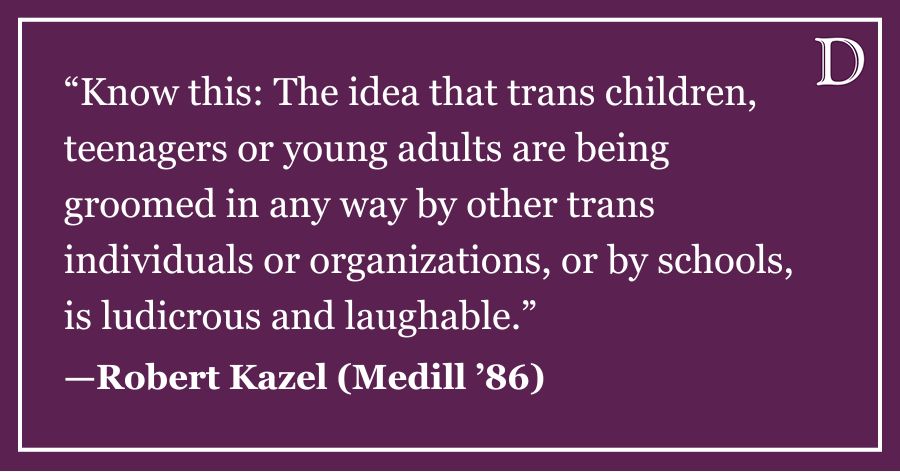Dear Editor,
I write today to join the ongoing discussion between Dr. Norman Wang and Daniel Olson and to add my opinion on what is surely an equally controversial topic on campus. I do not seek to change any minds or get involved in an editorial debate but to merely point out the fundamental unfairness of this system that opponents of athlete unionization do not seem to see.
The NCAA created the term “student-athlete” in the 1950s after the family of a deceased football player at Fort Lewis A&M sued the school for workers’ compensation benefits. The Colorado Supreme Court ultimately ruled against the family, but the term was created nevertheless to provide cover for any future injuries. Under the NCAA’s logic, if players were student-athletes, they could not also be employees who were eligible for any benefits.
The nature of college athletics has changed dramatically since 1958. Top-tier programs throughout the country make tens of millions of dollars off of the talents of their players, while those players are placed under harsh restrictions if they profit in any way off of those same talents. Due to the entrance rules of the NFL (which is a topic for another day), top-level college football players have no other viable alternatives if they wish to reach the professional level. As evidence of this assertion, I offer that zero players drafted into the NFL between 2011 and 2013 (and potentially even further back) did so without playing in the NCAA.
Simply put, if these athletes want to play in the NFL, they have no choice but to be subjected to the rules of the NCAA for a minimum of three years. During this time, they sustain injuries but are not necessarily eligible for workers’ compensation. They are prohibited from profiting off of their likeness or their signature. If they become injured in the name of their school and decrease their ability to get drafted as a result, they have no remedy. They are denied their free market worth while under NCAA restrictions, as examples such as Reggie Bush, Ohio State and Johnny Manziel clearly show that at least some college football players could earn more than just the value of their scholarship. I can think of no other situation in society (no, not even unpaid internships) where we deny people their free market worth based on the arbitrary distinction of “amateur” vs. “professional.” In the meantime, we allow coaches, administrators, sportswriters and broadcasters to earn millions on the backs of these athletes, and the NCAA has stood firm against any changes to the system or providing athletes with a voice, making this unionization effort necessary.
However, Northwestern players are not asking that the university provide them their free market worth. In fact, placing money in their pockets is only one of the 11 asks in their efforts, and that money would not even come from the university. No, the athletes are simply asking that the restrictions placed upon both them and the school by the NCAA are lifted and that they be allowed to benefit from commercial opportunity. This certainly seems like a reasonable request, and surely opponents of unionization aren’t opposed to allowing athletes from seeking outside compensation in the name of some sort of “fairness,” when any other student would be allowed to seek revenue if the opportunity presented itself.
All that being said, I wouldn’t necessarily blame any opponents of unionization from buying into the current “student-athlete” framework. The NCAA has ingrained the term so well that it took over 55 years for any kind of examination of the term to take place and for this movement to begin. However, the deep societal inertia against changing the status quo should not prevent us from exploring the current framework to make sure that it is truly fair to those within it. We owe at least that much to our athletes.
Sincerely,
Jonathan Forman
Weinberg ‘12













